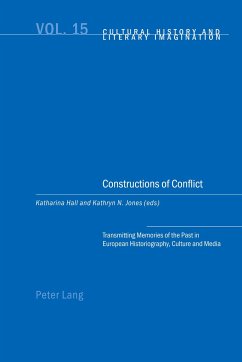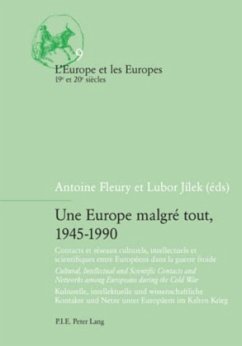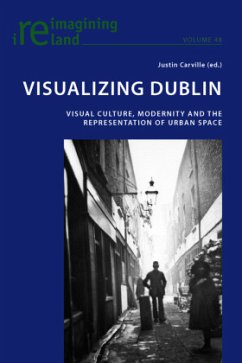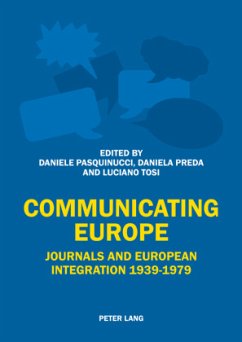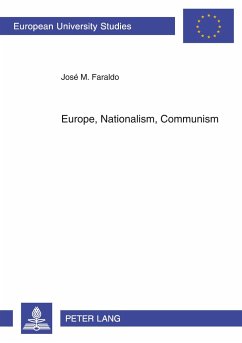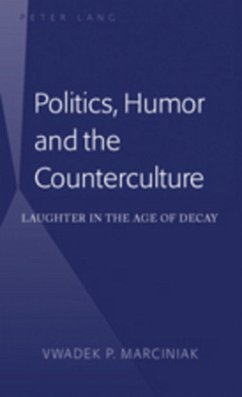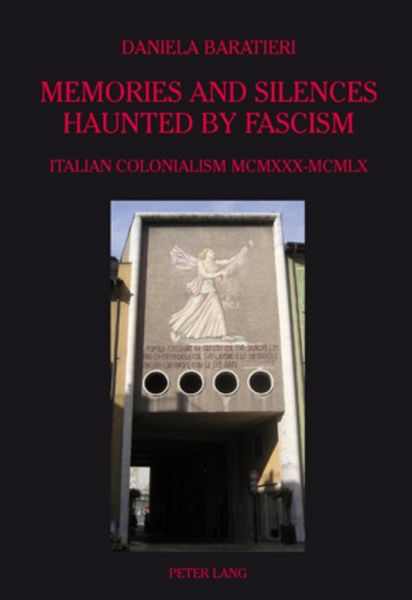
Memories and Silences Haunted by Fascism
Italian Colonialism MCMXXX-MCMLX
Versandkostenfrei!
Versandfertig in 6-10 Tagen
122,50 €
inkl. MwSt.

PAYBACK Punkte
0 °P sammeln!
Fascist and colonial legacies have been determinant in shaping how Italian colonialism has been narrated in Italy till the late 1960s. This book deals with the complex problem of public memory and discursive amnesia. The detailed research that underpins this book makes it no longer possible to claim that after 1945 there was an absolute and traumatic silence concerning Italy's colonial occupation of North and East Africa. However, the abiding public use of this history confirms the existence of an extremely selective and codified memory of that past. The author shows that colonial discourse p...
Fascist and colonial legacies have been determinant in shaping how Italian colonialism has been narrated in Italy till the late 1960s. This book deals with the complex problem of public memory and discursive amnesia.
The detailed research that underpins this book makes it no longer possible to claim that after 1945 there was an absolute and traumatic silence concerning Italy's colonial occupation of North and East Africa. However, the abiding public use of this history confirms the existence of an extremely selective and codified memory of that past.
The author shows that colonial discourse persisted in historiography, newspapers, newsreels and film. Popular culture appears intertwined with political and economic interests and the power inscribed in elite and scientific knowledge. While readdressing the often mistaken historical time line that ignores that actual Italian colonial ties did not end with the fall of Fascism, but in 1960 with Somalia becoming independent, this book suggests that a new post Fascist Italian identity was the crucial issue in reappraisals of a national colonial past.
The detailed research that underpins this book makes it no longer possible to claim that after 1945 there was an absolute and traumatic silence concerning Italy's colonial occupation of North and East Africa. However, the abiding public use of this history confirms the existence of an extremely selective and codified memory of that past.
The author shows that colonial discourse persisted in historiography, newspapers, newsreels and film. Popular culture appears intertwined with political and economic interests and the power inscribed in elite and scientific knowledge. While readdressing the often mistaken historical time line that ignores that actual Italian colonial ties did not end with the fall of Fascism, but in 1960 with Somalia becoming independent, this book suggests that a new post Fascist Italian identity was the crucial issue in reappraisals of a national colonial past.






